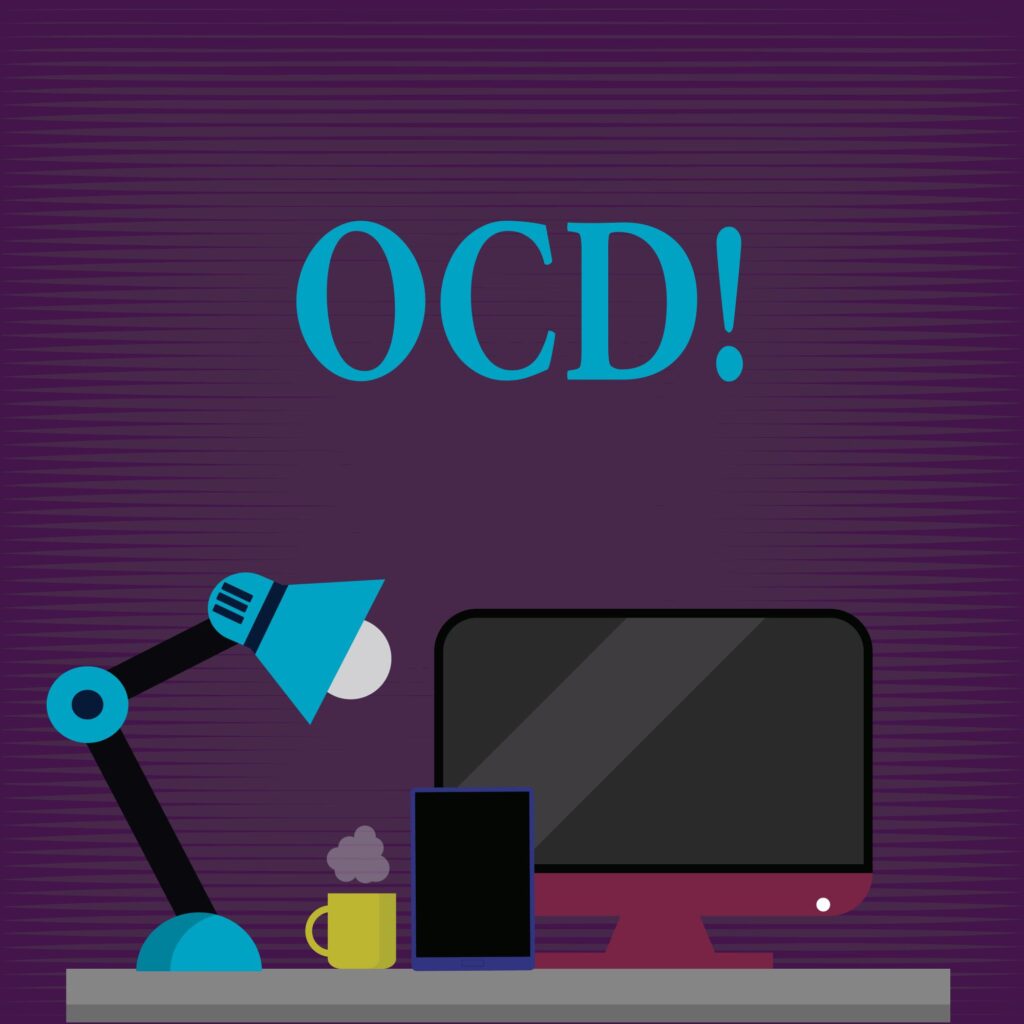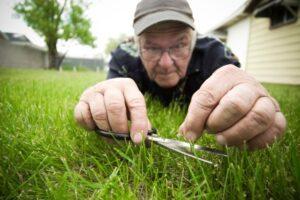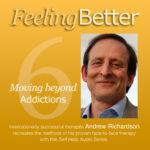Obsessive Compulsive Disorder
OCD, Obsessive and Compulsive Eating disorders begins as an addiction-like response and should be treated on the basis of addiction principles.

Obsessive Compulsive Disorder requires a slow move back to control
OCD or Obsessive and Compulsive Eating disorders begins as an addiction-like response. This is to a life where needs are not being met and in all likelihood also, there is trauma and extreme anxieties that cannot be controlled.
As the obsession takes over, anxieties increase and are not diminished. This is because the obsessive behaviour – be it checking, cleaning, repeating, bulimiá – adds to the burdens of living a life of balance? At the extreme, a void is created and panic sets in.
This of course exacerbates the OCD or eating disorder – which can then be difficult to shift.
Treating Obsessive Compulsive Disorders and Behaviours
One or more of the following is required:
- Accessing the Observing self – to be separate from the OCD, to see it for what it is and at low arousal
- Trancework to break the fear of letting the obsessive behaviour go – to face it down in trance and at low arousal levels
- There may also be strong trauma needing Rewind
- Relaxation and problem solving to get needs met
- Cognitive work that challenges the thoughts – though this can only be accomplished when arousal levels have been reduced
My experience is that Obsessive Compulsive Disorder can be well entrenched and that the sufferers have strong minds that can take some shifting. For this reason, they should not be rushed into giving up the obsessive behaviour. And like dipping your toe in the water, you only really properly swim when you are absolutely happy to. And at any time you can come back to the shore.
ADDICTION TREATMENTS
Substance Abuse
Bingeing
Shameful
Smoking
Weight Loss
OCD
Compulsions

TREATMENTS
Depression
Anxiety
Addictions
Human Givens
Addiction Therapy Online
How it Works
Be Inspired and Motivated
The case study of Eve
I met Andrew when I needed his help the most. My opinion is that you meet people in life for a reason and my reason to meet Andrew was to help me recover from depression and OCD and to change the way I saw life and the future. This man gave me answers to my questions, taught me to stop looking for the wrong answers, encouraged me, answered my calls at any time of the day or night (while going thru the panic attacks), made me feel that I was good in what I was doing and made me feel important! He also made me feel that I was not alone! Andrew kept on teaching me that the times I was feeling bad was because of the stresses in my life. And only later did I realise that he was right – that the small daily stress from running around all day with a 1 year old child and work, and no time to relax, that was what was affecting my state. I had started to think that all the thoughts I was having were not my thoughts but my imagination and that was the why I was reacting to stress as a way of harming myself (by imagining horrible things). I understood that I was reacting to what I was imagining by panicking and getting depressed but the case is that any normal person would do that if they were to imagine the worst! So with Andrew’s help I started to stop fearing what I was imagining, slowly and gradually. I learnt that all is working if you are willing to listen to what your stress is saying to you (and when I say listen I mean really listen). You are the most important piece from the recovering puzzle. By seeing Andrew, I learnt to make time to relax and how to relax. Andrew helped me to find my interior balance, and made me understand that I MUST HAVE MY NEEDS MET! I started to see life in a different way and to search for my passions. He gave me lots of explanations to what I was going through so I felt that I had someone that understands me and that I was not going mad.Addiction Tools
The Cuckoo in the nest
Why are addictions so hard to beat
The stages of quitting
Recovery path in outline
Your addiction Time Line
Addiction downloads
How may I help you?
